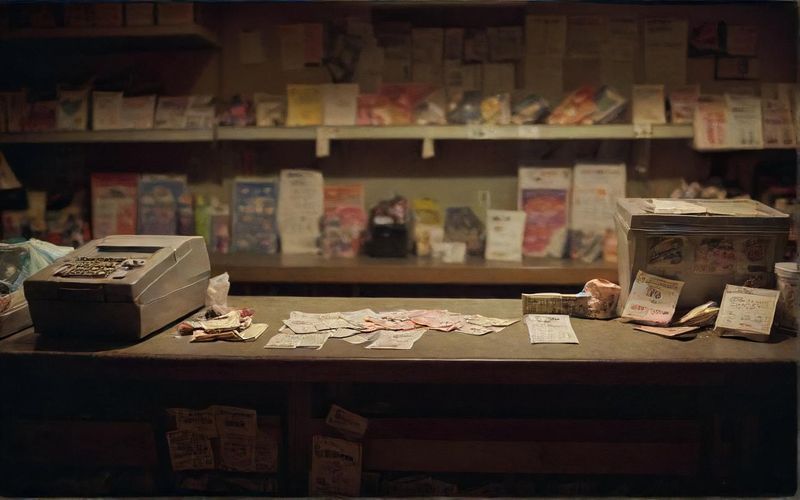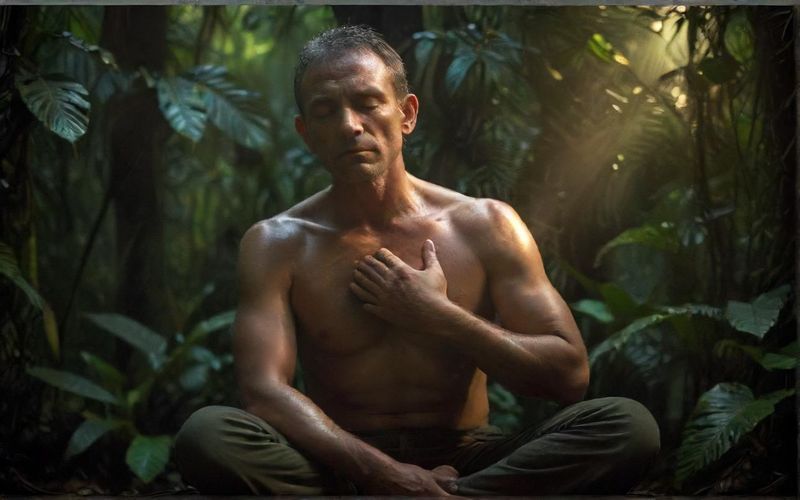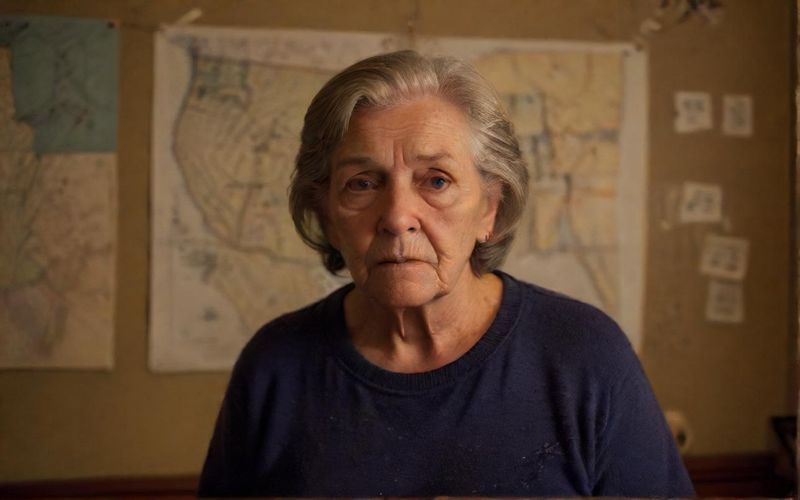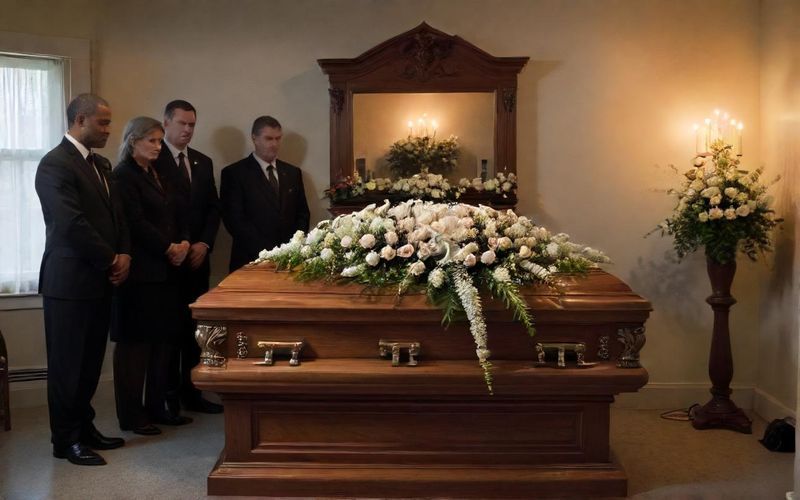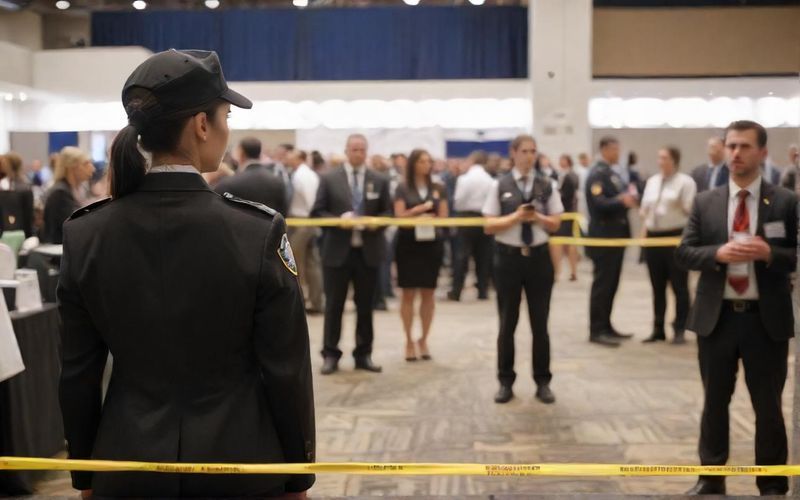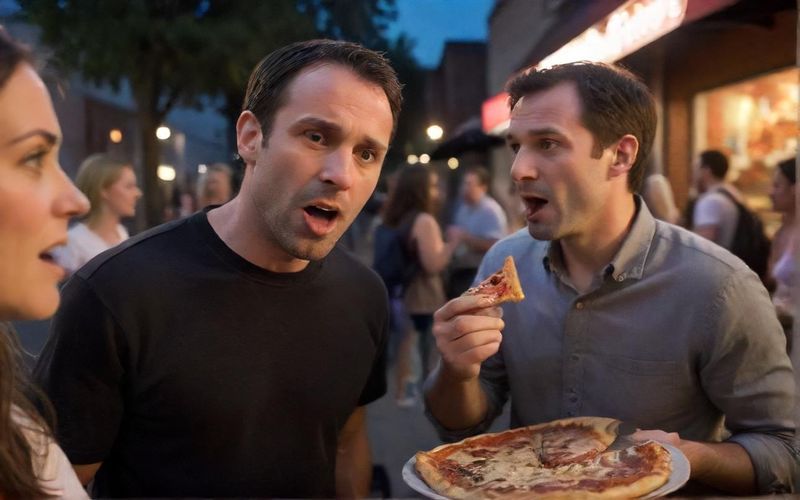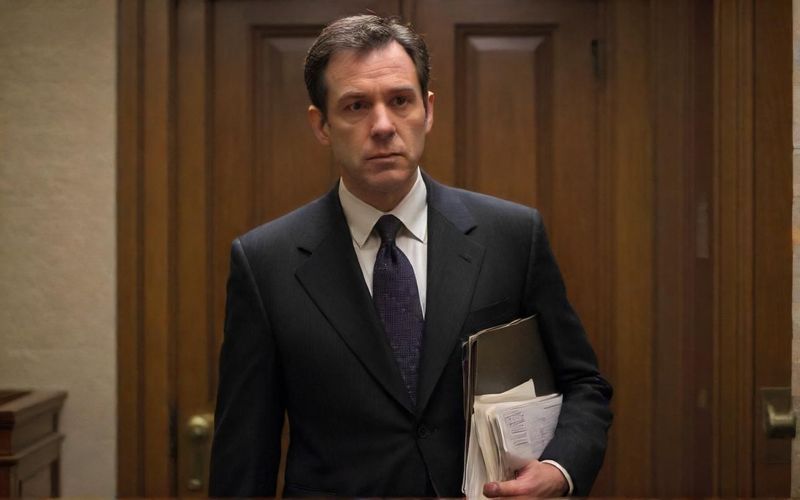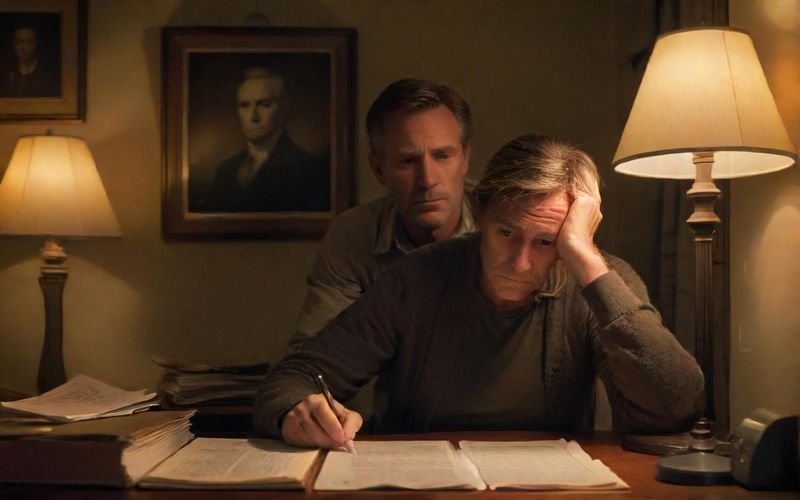Victoria Cross hero also won Olympic gold
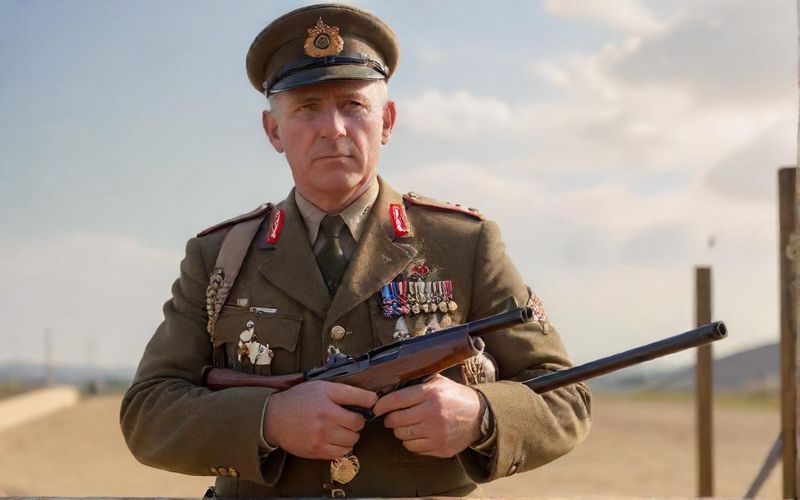
Neame's wartime citation is a testament to ingenuity born of desperation. Imagine a shortage of weaponry, and a young officer improvising grenades from jam tins, shrapnel, and hobnails – the very detritus of trench warfare. Then, picture him, with what historians call a "derring-do" attitude, charging into German lines to deliver these makeshift explosives. It's an act that speaks not just of bravery, but of a profound sense of duty and an almost audacious resourcefulness. This wasn't just a man following orders; it was someone actively shaping the course of events through sheer force of will and innovative spirit.
Fast forward to the 1924 Paris Olympics, and the same Neame is on the shooting range. To win an Olympic gold medal requires a different kind of discipline, a laser-like focus, and a mastery of one's craft that borders on the sublime. That he possessed this, on top of his battlefield heroics, is remarkable. It suggests a mind capable of transitioning from the chaotic intensity of war to the serene, precise demands of elite sport with an apparent fluidity. One might wonder if the same qualities that made him a wartime hero – his keen observation, his steady hand, his unflinching resolve – also contributed to his marksmanship.
This unique duality is further illuminated when we consider other stories of Victoria Cross recipients. Take the Reverend John Weir Foote, a chaplain in World War II. His award came not for traditional combat, but for extraordinary bravery in the face of overwhelming odds on the beaches of Dieppe. Foote, a non-combatant, repeatedly exposed himself to enemy fire to carry wounded soldiers to safety. He didn't just offer spiritual solace; he physically shielded and evacuated over thirty men. And in a moment of profound, almost defiant humanity, he volunteered to stay behind with those who couldn't be evacuated, offering comfort in their final moments. In an act that truly embodies the spirit of self-sacrifice, he even took up a Bren Gun during the evacuation to provide covering fire, a testament to his absolute commitment to protecting his comrades.
The Victoria Cross itself, as we learn, is forged from very specific bronze, originally from Russian and Chinese captured guns. This detail, while seemingly minor, adds a tangible weight to the award, a historical lineage tied to conflict and conquest. Yet, the medal's design, deliberately simple, eschewing jewels for a plain crimson ribbon, speaks to a broader democratic ideal of valor – available to the lowest soldier and the highest general alike. This inherent inclusivity, coupled with the sheer rarity of the award, underscores the exceptional nature of each recipient.
What these narratives, particularly Neame’s singular achievement, reveal is that the capacity for extraordinary courage and achievement isn't confined to a single domain. It’s a deep wellspring within individuals, a confluence of character, skill, and circumstance. Neame’s story, in particular, challenges us to think beyond narrow definitions of heroism. He wasn't just a soldier; he was a sportsman, a leader, and by all accounts, a man who leveraged his privileges with a powerful sense of purpose. The trend topic of victoria cross often focuses on the battlefield, but Neame’s life reminds us that the spirit of valor can manifest in myriad forms, in moments of intense peril and in the disciplined pursuit of excellence.
As we reflect on these titans of courage, we are left to ponder: in a world that constantly seeks to categorize and compartmentalize, are we missing the bigger picture when we fail to acknowledge the transferable nature of exceptional human spirit? What other extraordinary lives, spanning seemingly disparate fields, might offer us similar, humbling lessons in what it truly means to excel?
